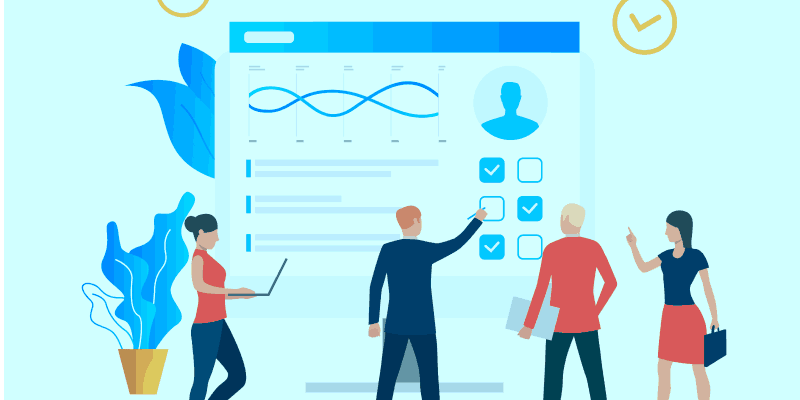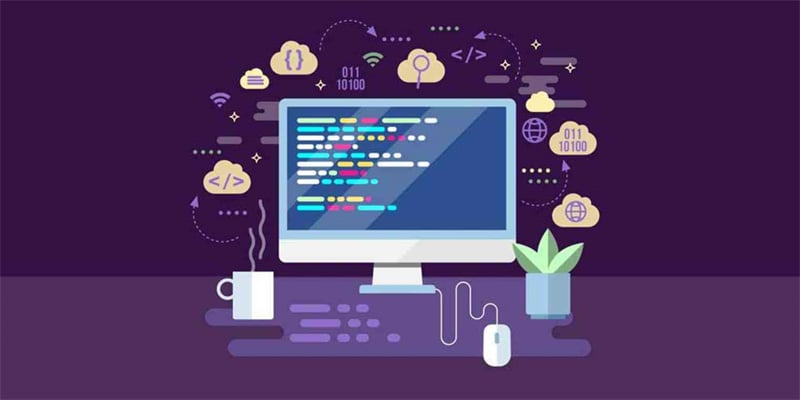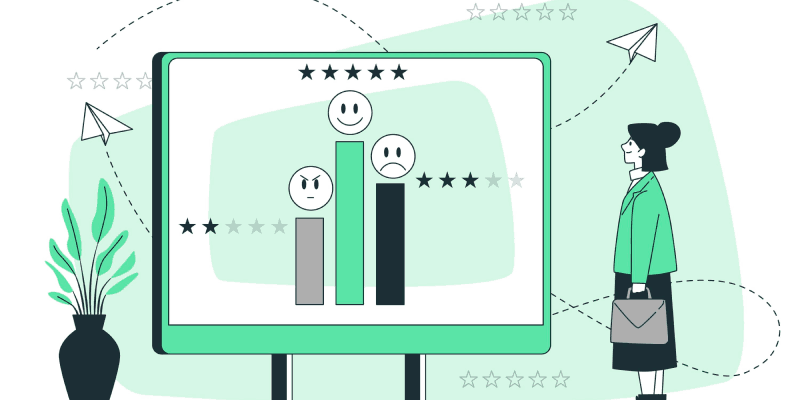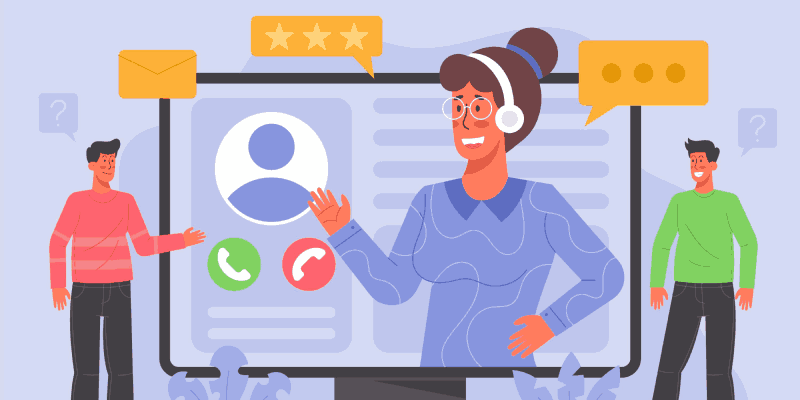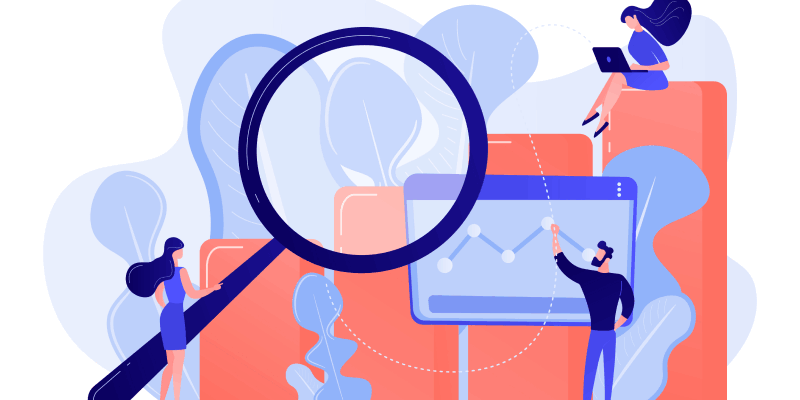The Startups’ Guide to Buying Customer Success Software

Who this article is for — SaaS Startups looking to purchase Customer Success (CS) software but limit their spend to under $300 per month.
“Thanks for reaching out, unfortunately we don’t feel you’re a fit at this present time…” .
Startups looking to invest in Customer Success software hear this all the time! The vendor’s SDR takes one look at your company profile and hits the reject button. You’re too small apparently…
Being ignored, ghosted and rejected doesn’t make for a satisfying buying process.
Bear in mind, if a vendor doesn’t advertise a freemium or modestly priced plan on their website, prepare to either be rejected or fight your way through a translucent website, a couple of qualifying calls and a hour long demo before they reveal you can’t afford it.
Thankfully not ALL vendors behave this way. I outline some great options for Startups at the bottom of the article.
What is Customer Success Anyway?
In SaaS, REVENUE COMPOUNDS, this is the 9th wonder of the world (the 8th is compound interest — according to a certain Albert Einstein).
You, of course, know this — it’s SaaS 101. Keep adding new customers AND retain the existing ones long enough and you will see huge growth and profitability. It’s simple (but not easy).
Customer Success is a practice that has developed in response to the new world of subscription business. It’s an evolving set of ideas, principals, processes and tools that are used by SaaS companies to maximize the value they get from their customers through time.
The old paradigm of Sell and Support, realizing all of your revenue up-front and looking to minimize post-sale interactions to a bare minimum is obsolete (in SaaS at least). Recent research indicates the average initial sale in SaaS contributes less than 30% of the lifetime value of the customer. That leaves a lot more potential revenue on the table, and a lot more work to earn it. This is why the traditional ‘funnel’ model for sales has evolved into the SaaS/subscription bow-tie model [below].
When we talk about software that will help you manage your Customer Success goals — we mean dedicated, custom-built CS platforms (rather than the endless array of general productivity tools you’re already familiar with, from email to spreadsheets to Helpdesk software to CRMs).
What will a CS platform do for my company?
A well-implemented CS platform can manage most of your key repeatable Customer Success processes, track your key metrics, surface the right data and insights for the right people at the right time and give your CS person/team time to focus on building long-term relationships.
This means, if you find the right solution and implement it well, your Startup can operationalize and automate:
- Customer Onboardings
- Product adoption
- Customer Health
- The Customer Journey
- Playbooks
- Task management
- Key notifications…and more.
But We’re Small, Do We Really Need a CS Solution?
Maybe, maybe not, but the fact that you are a Startup is not the reason to avoid it.
Plus, you probably don’t plan on staying small … don’t make your decision purely on budget — while there are CS software vendors out there that require $50k+ annual up-front payments, a Startup can acquire an excellent solution for under $300 per month.
Ask yourself these questions …
- If you continue to manage your Customer Success goals with your existing stack of tools, will it compromise your ability to understand your customers and manage them optimally?
- Will the tools and processes you are currently using hold up to the stresses of scaling?
If you are answering NO then you need to make some form of change. I may be biased but jumping to another duct-taped solution is only going to bring you right back to the same position down the road. Every month you don’t implement a dedicated solution, you may be losing customers to churn, accruing negative health or missing opportunities to expand and fuel your Compound Engine.
You need to find a platform that gives you a low risk entry point to CS tech and facilitates your growth.
Although some of the platforms seem enormous, from a feature set and implementation POV, you can start small — setting up some customer segments, tracking platform usage and configuring alerts to stay on top of changes in behavior. This shouldn’t take more than a few days and will provide a great foundation as you start to scale and add more data and processes to the CS platform.
Who should be in on the purchasing decision?
Well, as it’s a Startup and implementing a Customer Success platform will resonate across the business, the CEO should make the call. But who else should have oversight of or influence on the decision?
CFO: Will want to understand the costs, any ongoing or indirect costs/savings and calculate the ROI.
Head of IT: How much IT support will be required. Data will need to be passed into a Customer Success platform, does the vendor have their own API, Tracking codes, pre-built integrations to our existing business applications? How much developer time will be required to set up and maintain any integrations.
Is the solution secure & scalable? As with any Customer Success application, it will ingest some of our customers’ data. Does the vendor have the certifications we need? GDPR, HIPAA, ISO etc.
Product Lead: Will this solution have an impact on how we disseminate product knowledge, educate customers on new or upcoming features and/or capture voice-of-customer feedback?
Head of Sales: How do we expect this solution to impact revenue expansion. Can we use it to identify expansion opportunities to pass to sales?
Head of Support: Will this give greater visibility of cases across the business and increase collaboration and resolution rates?
Head of Marketing: Will this platform help with references, reviews and generate ‘2nd order’ word-of-mouth lead flow?
When should I implement customer success software?
The sooner you connect your application to the CS platform the sooner you can start building a history of customer behavior and assign health scores.
If you are particularly risk-averse, look for a tool that offers inexpensive monthly payment options with zero contract commitments. This will allow you to really test the application out in a real-life environment at a low-risk
Reality Check: Don’t make a decision based on testing a pre-populated, demo environment. To get a real understanding of whether a CS application will work for your Startup, you need to see it in action with YOUR data. This means at least partially integrating your data, so some effort will be required on your part.
What Sort of Time-to-Value Should I Expect?
A Startup can’t afford to deploy valuable resources on a 6 month implementation/deployment. Ideally you can take 1–2 days of a developers time to connect your application and/or database using the vendors developer tools. (If you are already capturing your key usage KPIs via a tool like Segment.com look for a CS platform that natively integrates with it, that will remove any need to deploy your own developer resource and your TTV should be measured in hours!)
The vendor’s platform should start to deliver value right away, allowing you to quickly build segments and track usage behavior, alert your team of issues or opportunities or (even better) trigger playbooks to message your customers or assign tasks to your team.
Should the CS tool have Pre-built Integrations (to connect with my CRM etc)?
Ultimately, probably, yes. Right now, they are most likely unnecessary. One of the biggest costs for a CS software vendor is building and maintaining integrations, and this will be passed on in the form of license costs.
If your budget is limited, and if you’re reading this it probably is, you can avoid this.
While your developers are adding the vendor’s Html snippets to your application to pass in usage data (something you are likely required to do), have them use the vendors API to pass your other key customer attributes to the CS platform. Doing it like this means you can pass ALL the data you need into the CS platform without paying 3X in licensing for a plan that bundles in pre-built integrations.
This of course depends on whether the vendor has such a low cost plan available … so who does?
Why we think Akita is a great fit for Startups…
We love Startups! We’ll demo to you without gatekeepers or sales preamble and we are up-front and transparent — our pricing, developer docs and Knowledge base are visible from our marketing site.
What makes Akita perfect for Startups:
- Beautifully simple
- Fully supported yet optimized for self-service
- Extensive Knowledge base
- Full REST API & Tracking codes, Segment.com Integration
- $200 per month — cancel anytime — 3 full users
Key Features…
- Customer Segments & Lifecycle Stage Management
- Health Scoring (Customizable)
- Notifications (Unlimited)
- Playbooks (Tasks & Messages)
- Task Management
- Dashboards (unlimited — Customizable)
- Key Metric Tracking
- Standard Email & Chat support
- Extensive Knowledge base
Other Platforms with plans priced for Startups:
- Custify
- Salesmachine
- Skalin
For even more options, the Customer Success Association provides an exhaustive list of CS platforms of all types here — https://www.customersuccessassociation.com/library/csm-technology-vendors-list/

